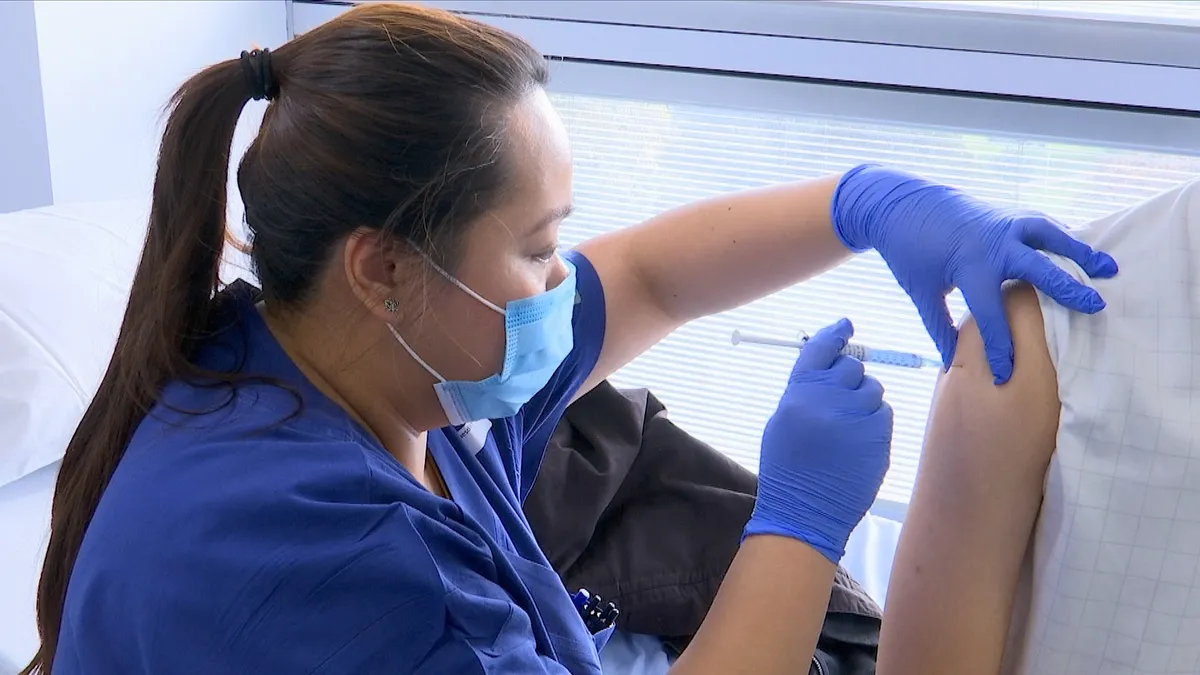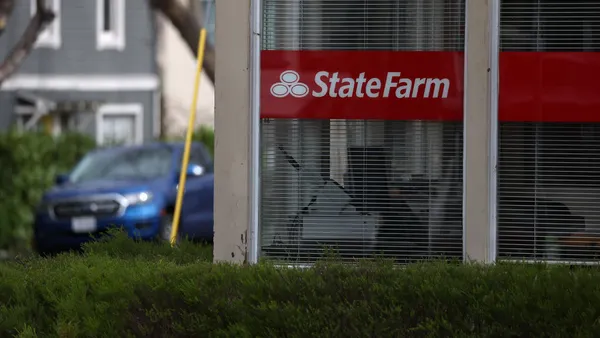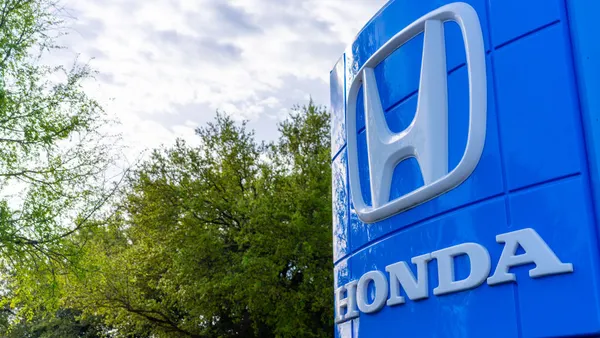Dive Brief:
- The 6th U.S. Circuit Court of Appeals Friday lifted the injunction blocking the Occupational Safety and Health Administration's COVID-19 vaccination Emergency Temporary Standard (BST Holdings, LLC et al v. OSHA, et al, No. 21-4080 (6th Cir. Dec. 17, 2021)).
- The decision comes by way of a 2-1 vote by a three-judge panel of the circuit. It lifts the stay imposed on the ETS by the 5th Circuit, and likely sets up an appeal by the mandate's challengers to the U.S. Supreme Court, Sean Marotta, partner at Hogan Lovells, told HR Dive.
- At the same time, court proceedings have already extended beyond the ETS' timeline, past the Dec. 9 deadline it set for employers to implement COVID-19 vaccination mandates. By Jan. 4, employers would be required to implement the ETS' other components, including policies requiring face coverings as well as COVID-19 testing for workers who are unvaccinated.
Dive Insight:
In an update on its website following the court's decision, OSHA said it would resume implementing the ETS, but delay enforcement.
"To account for any uncertainty created by the stay, OSHA is exercising enforcement discretion with respect to the compliance dates of the ETS," the agency said. "To provide employers with sufficient time to come into compliance, OSHA will not issue citations for noncompliance with any requirements of the ETS before January 10 and will not issue citations for noncompliance with the standard's testing requirements before February 9, so long as an employer is exercising reasonable, good faith efforts to come into compliance with the standard. OSHA will work closely with the regulated community to provide compliance assistance."
A slew of challenges to the 6th Circuit's decision followed Friday's ruling. Each provided insight into the arguments employers and other challengers are likely to put before the High Court and Justice Brett Kavanaugh, who oversees petitions from the 6th Circuit.
One of those challenges, penned by a group of businesses based in Ohio, Michigan and Pennsylvania, argued that despite their common desire to end the COVID-19 pandemic, OSHA exceeded its statutory authority. "As a majority of lower court judges have recognized, such a broad and unprecedented exercise of power at least requires a clear statement of authority from Congress," the petitioners said.
A second challenge filed by a group of religious nonprofits and businesses argued that the ETS also violates the First Amendment as well as the Religious Freedom Restoration Act.
A third challenge filed by BST Holdings, LLC and others asked the Supreme Court to place yet another stay on the ETS until a briefing on its merits could take place. "This Court should side with the Fifth Circuit and exercise caution by issuing a stay to preserve the status quo until briefing on the merits can occur," the petitioners said. "No one should be forced to take a vaccine against his or her will until this legal question can be sorted out."
Marotta said challengers would likely ask for the High Court to grant relief by the end of the year. The challenge from BTS Holdings and others specifically requested the justices to issue an emergency stay by 2 p.m. on Dec. 20.
Prior to its decision to lift the stay, the 6th Circuit issued an order denying petitions for the circuit to hear OSHA's challenge in an initial hearing en banc — a hearing in which all the judges in the circuit would have participated. In a Dec. 16 interview, Marotta noted Chief Judge Jeffrey Sutton's dissent in that decision, stating that it would likely make an impact as the case moves forward. "Chief Judge Sutton's opinion is going to carry weight in the Supreme Court," Marotta said. "He is well respected by Chief Justice [John] Roberts and Justice Kavanaugh."
In a blog post, attorneys with Jackson Lewis wrote that employers operating in states that have prohibited or restricted vaccination or face covering requirements "must be mindful of state and local laws, ordinances, and executive orders that might limit the employer's ability to require vaccination or otherwise conflict with ETS requirements, particularly if an employer opts for the ETS's mandatory vaccination policy."












